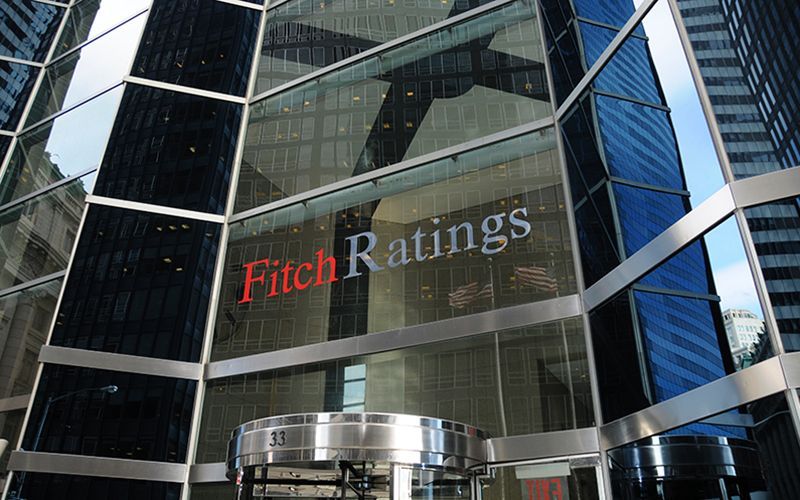
Fitch Ratings upgrades Greece to BBB with stable outlook. Credit: Wikimedia Commons / Shashank457 / CC BY SA 4-0
Fitch Ratings has upgraded Greece’s long-term credit rating to BBB from BBB-, shifting the outlook from positive to stable in its latest review.
The move marks another milestone in the country’s post-crisis recovery, driven by consistent debt reduction, strong fiscal results, and economic growth that continues to outpace the eurozone.
The upgrade concludes this year’s cycle of assessments for Greece and reflects what Fitch describes as a sustained improvement in key macroeconomic and financial indicators.
Greece’s government welcomes Fitch Ratings’s decision
The Greek government expressed satisfaction with the upgrade. In an official statement, Minister of National Economy and Finance Kyriakos Pierrakakis said the decision “confirms the progress of the Greek economy and the credibility of fiscal policy.”
He emphasized that Fitch acknowledges Greece’s significant debt reduction, strong budget performance, resilient growth momentum, and improving banking sector. According to the ministry, Greece continues to record the largest debt decline among investment-grade countries—more than 60 percentage points since 2020.
Η αναβάθμιση της Fitch αφορά κάθε πολίτη. Σημαίνει χαμηλό κόστος δανεισμού, ρευστότητα για τις επιχειρήσεις, χρηματοδότηση για τις επενδύσεις που φέρνουν νέες θέσεις εργασίας. Συνεχίζουμε την προσπάθεια για μια Ελλάδα πιο δυνατή, πιο σύγχρονη και πιο δίκαιη για όλους.
— Kyriakos Pierrakakis (@Pierrakakis) November 14, 2025
Greece’s Debt decline outpaces all investment grade peers, says Fitch Ratings
Fitch expects Greece’s public debt to fall to 145% of GDP in 2025, after another substantial drop in 2024. Although still high compared to the BBB-rated peer average of 52%, the trajectory is exceptionally strong. The agency forecasts debt to approach 120% of GDP by 2030, supported by nominal GDP growth near 4% and primary surpluses above 3.5% from 2027 onward.
The country’s debt profile remains a key strength, with an average maturity of 19 years, a low average interest rate of 1.5%, and cash reserves of about 18% of GDP, providing significant protection in volatile markets.
Fiscal policy remains credible and consistent
Fitch highlights Greece’s consistent fiscal overperformance. The general government surplus is expected to remain close to 1% of GDP in 2025, supported by stronger tax revenues and disciplined spending. Even with upcoming tax cuts and targeted support measures, the agency expects the 2026 budget to remain in surplus.
A newly adopted domestic fiscal rule requiring a balanced primary position adds further credibility to the policy framework.
Growth and banking sector continue to strengthen
Greece’s economy continues to expand at roughly 2%, outpacing the eurozone average. Strong domestic demand, improving employment, and ongoing investment supported by EU recovery funds remain the key drivers.
Fitch also points to major improvements in the banking system. All four systemic banks reached investment grade in 2025, reflecting stronger profitability, healthier balance sheets, and more stable deposit funding.
